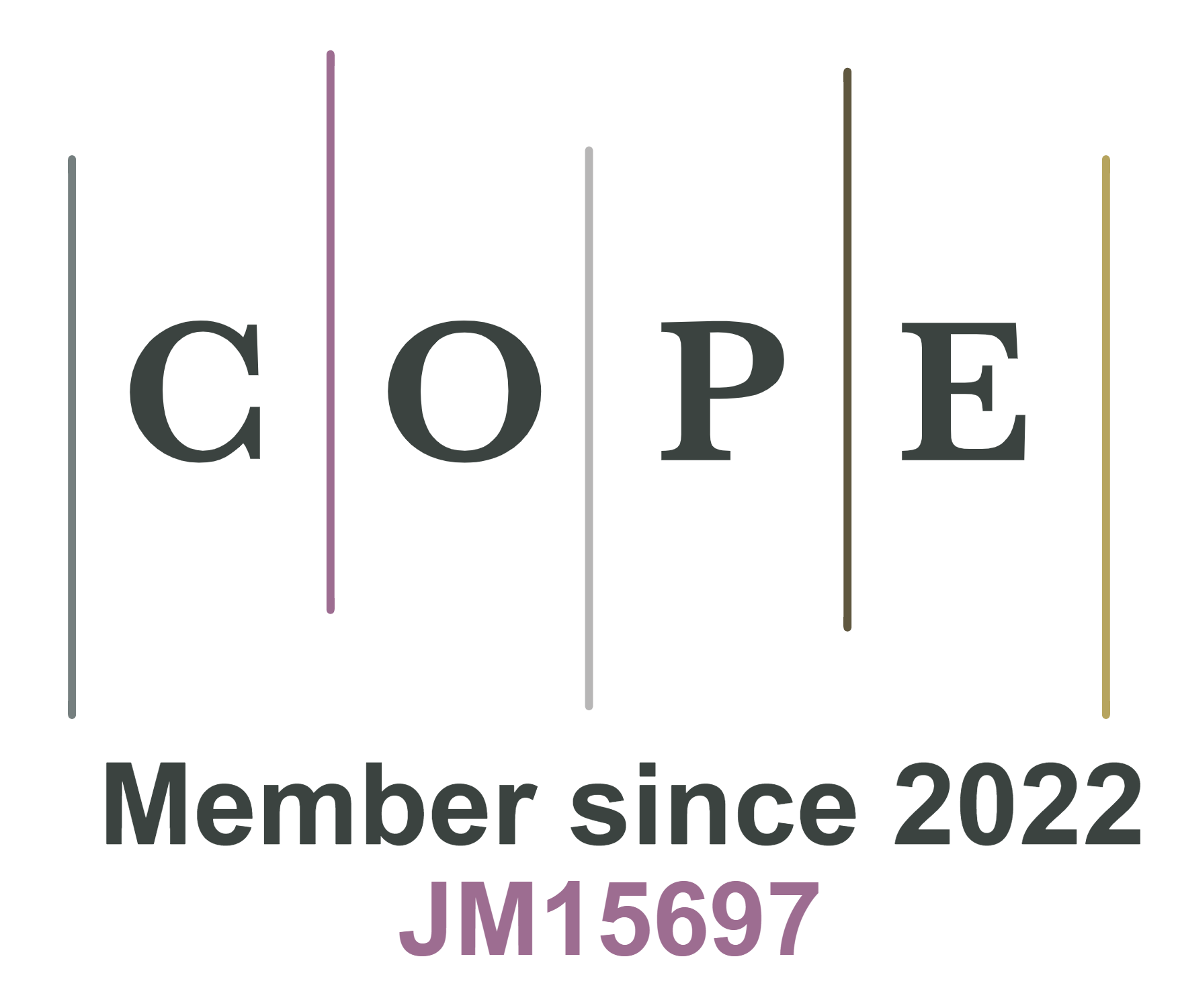REFERENCES
1. Labib A, Read M. Not just rearranging the deckchairs on the Titanic: Learning from failures through Risk and Reliability Analysis. Safety Sci 2013;51:397-413.
2. Sitkin S. Learning through failure: the strategy of small losses. Res Organizational Behave 1992;14:231-66.
3. Cannon MD, Edmondson AC. Failing to learn and learning to fail (Intelligently): how great organizations put failure to work to innovate and improve. Long Range Planning 2005;38:299-319.
5. Madsen PM, Desai V. Failing to learn? The effects of failure and success on organizational learning in the global orbital launch vehicle industry. Academy Management J 2010;53:451-76.
6. Smith D, Elliott D. Exploring the barriers to learning from crisis: organizational learning and crisis. Management Learning 2007;38:519-38.
7. Taleb N. The Black Swan. London, England: Penguin Books Ltd; 2007.
8. Fortune J, Peters G. Learning from failure: the systems approach. Chichester: John Wiley & Sons Ltd; 1995.
9. Knight R, Pretty D. The impact of catastrophes on shareholder value. The Oxford Executive Research Briefings. Templeton College: University of Oxford; 1997.
10. Labib A. Learning from failures: decision analysis of major disasters. Elsevier Butterworth-Hein; 2014.
11. Argyris C. On organizational learning. 2nd ed. Oxford: Blackwell Publishing; 1999.
13. Toft B, Renolds S. Learning from disasters: a management approach. 3rd ed. Basingstoke: Palgrave Macmillan; 2005.
14. Weinzimmer LG, Esken CA. Learning from mistakes: how mistake tolerance positively affects organizational learning and performance. J Appl Behav Sci 2017;53:322-48.
15. Starbuck WH. Unlearning ineffective or obsolete technologies. Int J Technol Management 1996;11:725-37.
17. Kunert S. Strategies in failure management: scientific insights, case studies and tools. Cham: Springer International Publishing; 2018.
18. Pranesh V, Palanichamy K, Saidat O, Peter N. Lack of dynamic leadership skills and human failure contribution analysis to manage risk in Deep Water Horizon oil platform. Safety Sci 2016;92:85-93.
19. Balmer JMT, Powell SM, Greyser SA. Explicating ethical corporate marketing. Insights from the BP deepwater horizon catastrophe: the ethical brand that exploded and then imploded. J Business Ethics 2011;102.
20. Saadat V, Saadat Z. Organizational learning and as a key role of organizational success. Procedia Social Behav Sci 2016;230:219-25.
21. Labib A. Learning (and unlearning) from failures: 30 years on from Bhopal to Fukushima an analysis through reliability engineering techniques. Process Safety Environmental Protection 2015;97:80-90.
22. Mahler JG. Organizational learning at NASA: the Challenger and Columbia accidents. Georgetown University Press; 2009.
23. Kletz TA. Lessons from disaster: how organizations have no memory and accidents recur. IChemE; 1993.
24. Reason J. Managing the risk of organizational accidents. Aldershot, Hants, Ashgate; 1997.
25. Reason J, Hollnagel E, Paries J. Revisiting the Swiss cheese model of accidents. J Clini Engineering 2006;27:110-5.
26. Perrow C. Normal accidents: living with high-risk technologies. New York: Basic Books; 1984.
27. Rochlin GI, La Porte TR, Roberts KH. The self-designing high reliability organization. 1987. Reprinted in Naval War College Review 1998;51:17.
28. Saleh JH, Marias KB, Bakolas E, Cowlagi RV. Highlights from the literature on accident causation and system safety: review of major ideas, recent contributions, and challenges. Reliability Engineering System Safety 2010;95:1105-16.
29. Rijpma JA. Complexity, tight-coupling and reliability: connecting normal accidents theory and high reliability theory. J Contingencies Crisis Management 1997;5:15-23.
30. Vieweg S, Palen L, Liu SB, Hughes AL, Sutton JN. Collective intelligence in disaster: Examination of the phenomenon in the aftermath of the 2007 Virginia Tech shooting. Boulder, CO: University of Colorado; 2008.
31. Palen L, Vieweg S, Liu SB, Hughes AL. Crisis in a networked world: Features of computer-mediated communication in the April 16, 2007, Virginia Tech event. Social Sci Computer Rev 2009;27:467-80.
32. Hong JS, Cho H, Lee AS. Revisiting the Virginia Tech shootings: an ecological systems analysis. J of Loss and Trauma 2010;15:561-75.
33. Virginia Tech Review Panel. Mass shootings at Virginia Tech. Addendum to the report of the review panel; 2009. Available from: https://scholar.lib.vt.edu/prevail/docs/April16ReportRev20091204.pdf [Last accessed on 24 Apr 2020].
34. Labib A, Hadleigh-Dunn S, Mahfouz A, Gentile M. Operationalising learning from rare events: framework for middle humanitarian operations managers. Production Operations Management 2019;28.
35. Caruso K. Virginia Tech Massacre. Available from: http://www.virginiatechmassacre.com/index.html [Last accessed on 24 Apr 2020].
36. CNN (2018). Virginia Tech Shooting Fast Facts. Available from: https://edition.cnn.com/2013/10/31/us/virginia-tech-shootings-fast-facts/index.html [Last accessed on 24 Apr 2020].
37. BBC. Lion Air JT610 crash: What the preliminary report tells us. Available from: https://www.bbc.co.uk/news/world-asia-46373125 [Last accessed on 24 Apr 2020].
38. Komite Nasional Keselamatan Transportasi. Preliminary Aircraft Accident Report. Available from: https://reports.aviation-safety.net/2018/20181029-0_B38M_PK-LQP_PRELIMINARY.pdf [Last accessed on 24 Apr 2020].
39. Gröndahl M, McCann A, Glanz J, Migliozzi B, Syam U. In 12 minutes, everything went wrong. How the pilots of Lion Air Flight 610 lost control. Available from: https://www.nytimes.com/interactive/2018/12/26/world/asia/lion-air-crash-12-minutes.html [Last accessed on 24 Apr 2020].
40. Learmount D. Lion Air lessons. Available from: https://www.aerosociety.com/news/lion-air-lessons/ [Last accessed on 24 Apr 2020].





